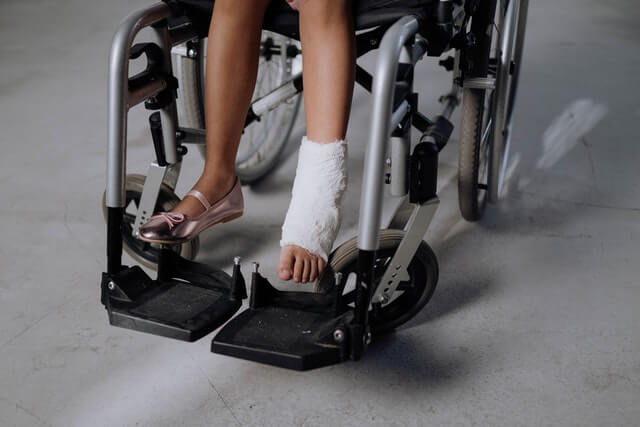No matter how much you love and care for your children, there may come a time when something traumatic happens to them. It could be an accident, a natural disaster, or even something like witnessing a violent crime. If this happens, it’s important to be there for your children and help them through this tough time.
Often, traumatic events are something parents can’t anticipate. They can be spontaneous and well beyond your control.
If a traumatic event happens, it’s important to be there for your children and help them through this tough time. While you can’t outright predict when a traumatic event will happen, you can learn how to prepare yourself if it does happen.
Here are some tips on how you can support your children if something traumatic happens to them.
Listen and talk to your children
First and foremost, listen to your children. They may not want to talk about what happened right away, but it’s necessary to let them know that you’re there for them when they’re ready.
You should be careful about how you talk to your children. Children, especially the younger ones, may not understand the full complexities of what events may have transpired. You’ll need to be patient and explain things in a way they can understand.
Answer their questions honestly but don’t go into too much detail. You want to provide them with enough information so they can understand what happened, but not so much that it will overwhelm them.
Reassure them
It’s important to reassure your children everything will be outright, and the future will be good. Let them know they’re safe and that you’ll protect them.
You should also tell them it’s normal to feel scared or sad after a traumatic event. Help them understand that it’s okay to feel this way and encourage them to express their feelings.
Some parents find it difficult to reassure their children if they don’t feel confident about the situation themselves. If this is the case, parents should get support for themselves so they can, in turn, better support their children.
Provide structure and routine
After a traumatic event, it’s crucial to provide your children with a sense of structure and routine. This will help them feel like things are back to normal even if they’re not.
Encourage your children to stick to their regular routine as much as possible. This could be going to school, participating in after-school sports, or seeing their friends.
If their routine has been disrupted, try to establish a new one as soon as possible. You don’t want to have your child feeling like they’re adrift with no sense of stability.
Encourage positive coping mechanisms
It’s normal for children to feel various complex emotions after something traumatic happens. You’ll want to encourage positive coping mechanisms to help them deal with these emotions.
Some positive coping mechanisms include exercise, journaling, or drawing. It’s important to find what works for your child as different children will respond to different things.
It’s also vital that you model healthy coping mechanisms for your children. Let them see you healthily express your emotions. This will help them understand that it’s okay for them to do the same.
Get professional help

If your child has difficulty coping with a traumatic event, don’t hesitate to get professional help. You may want to take them to see a therapist or counselor.
Often, children will benefit from group therapy. This is because they can share their experiences with other children who have gone through something similar.
You’ll want to tackle this issue early. Trauma can turn into PTSD, which can cause multiple problems when your child becomes an adult.
Take care of yourself
It’s essential to take care of yourself physically and emotionally while supporting your child through a traumatic experience. Handling a traumatic event with your child can take a lot out of you.
You need to find activities to help you relax and ease any stress or anxiety you’re feeling. Some activities that can help with this include yoga, meditation, or a massage for anxiety relief.
You should get plenty of rest, eat healthy, and exercise. And if you’re feeling overwhelmed, don’t be afraid to ask for help from friends or family members.
No parent ever wants to see their child go through something traumatic. But if it does happen, it’s important to be there for them and provide the support they need to heal.
No matter what, you have to be strong for your children. They need you now more than ever.




